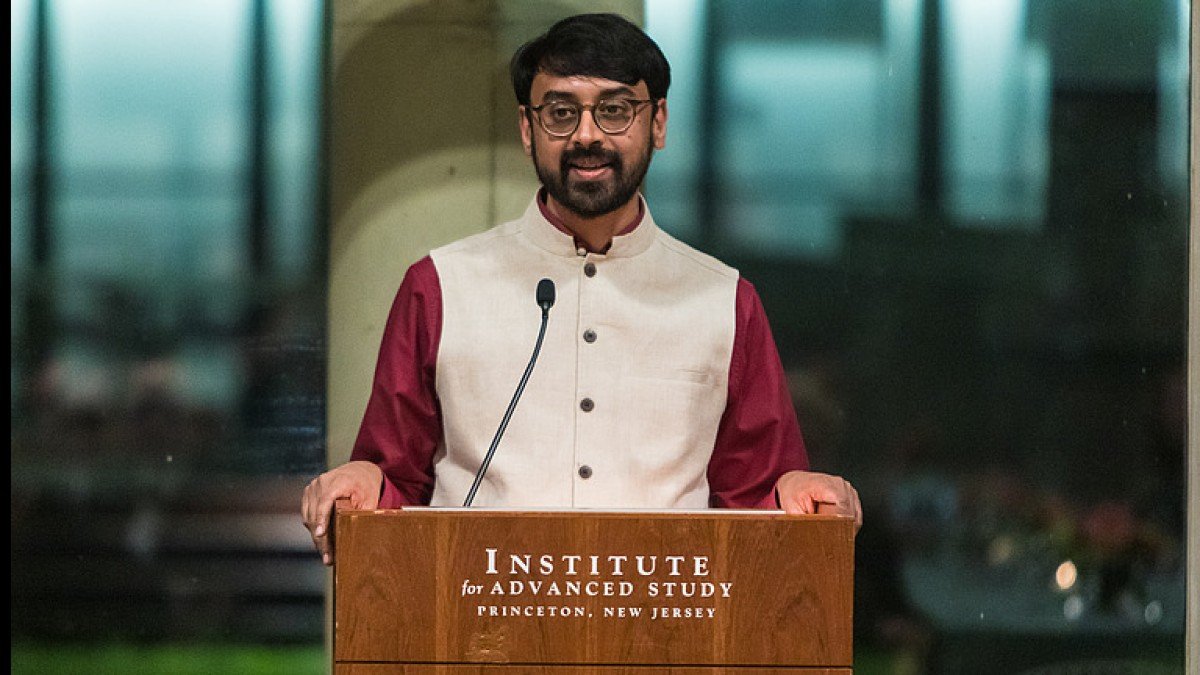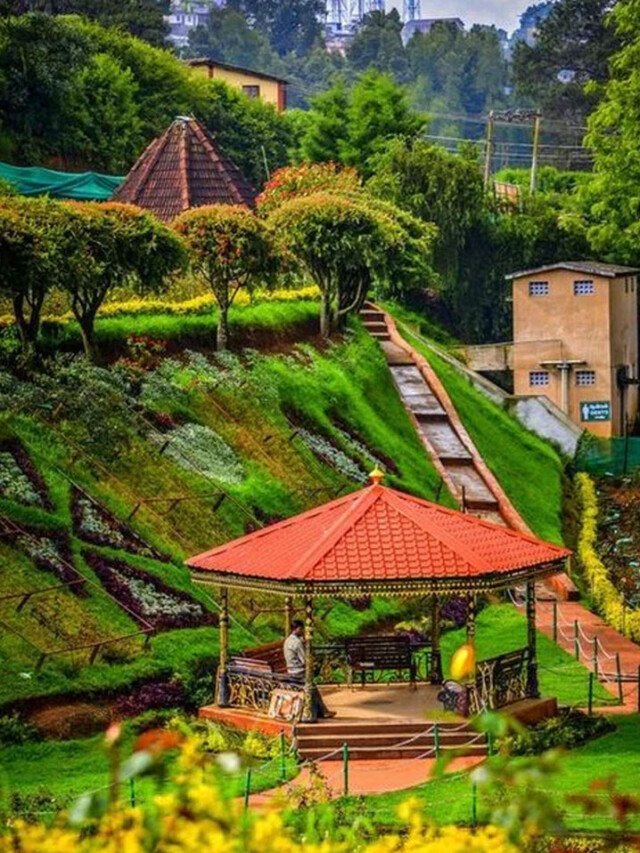PUNE, June 17 (PTI): An end-to-end framework designed for seamless machine translation of documents, demonstration of “Bharatiya Gandhasastra”, a tablet to support paperless exams and an app to help kids to read independently with real-time assistance are among the attractions at an exhibition on the sidelines of a G20 meet here.
The exhibition was inaugurated on Saturday by union minister of state for education Annapurna Devi and will be on display till June 22.
The multimedia exhibition, on the sidelines of the fourth G20 Education Working Group meeting, is showcasing best practices in education, foundational literacy and numeracy, digital initiatives, research and skill development.
More than 100 exhibitors, including Google, UNICEF, National Skill Development Corporation, National Council of Educational Research and Training, National Book Trust, Indian Knowledge Systems (IKS) Division Under the education ministry, start-ups and state governments, participated in the exhibition.
The IKS cell is showcasing the country’s rich cultural heritage through many demonstrations, including of “Bharatiya Gandhasastra” which will involve hands-on preparation of various aromatic perfumes and traditional games such as “Rajju-Sarpa” and “Bagh-Bakari”.
“These games have deep cultural roots and offer valuable insights into the traditional gaming practices of India,” an official of the IKS cell of the ministry of education said.
Project “UDAAN” of Indian Institute of Technology (IIT) Bombay which is an end-to-end framework designed for seamless machine translation of documents is also being displayed at the exhibition.
“It incorporates advanced technologies such as optical character recognition, lexical resources, data-efficient learning and a human-in-the-loop machine learning-based end-to-end post-editing platform.
“The project has gained significant traction and is widely utilised by various organisations, including All India Council for Technical Education (AICTE), for the swift translation of hundreds of textbooks into multiple Indian languages,” an official said.
Sesame Workshop, a non-profit organisation which works towards bringing lessons to children living in low-resourced communities, has its popular characters “Chamki” and “Elmo” welcoming the visitors at its stall.
“The activities being conducted at the stall are storytelling workshops, STEM based experiments, quizzes, workshop on environmentally sustainable practices, floor games, digital games, puzzles, emotion cubes and many more. The focus is on FLN (foundational literacy and numeracy) activities,” a representative said.
Littlemore Innovation Labs is exhibiting a tablet called “DigiTaal”.
“This fully conceived examination device replaces papers used in all forms of critical and highly sensitive exams. DigiTaal has successfully delivered over five million exams and students have successfully managed to use our suite by writing over 75 million answer pages on our proprietary tablet. In India, we have over 50
educational institutions using our product,” an official said.
The UNICEF is showcasing its programme interventions focusing on foundational learning programmes being implemented across 10 countries in the world. Also on display are two global technical resources developed by UNICEF to support countries in developing their foundational learning programmes.
The resources are “FLN Hub”, an online portal which provides guidance on improving an education system’s capacity to deliver on children’s foundational learning success, and “ECE Accelerator Analysis and Planning Toolkit” which is a global toolkit to support the inclusion and strengthening of early childhood education in the context of education sector planning processes.
The CBSE has showcased the best practices on digital initiatives, skill modules and future of work that exemplify innovation and collaboration between industry and education and will also highlight its contributions and commitment to driving skill development in India.
Google’s Read Along (formerly known as Bolo), a free AI and speech based
application which helps children aged 5-11 years learn to read independently with
real-time assistance, is also an attraction at the exhibition, organised at the Savitribai Phule Pune University.
The overarching theme of the fourth G20 Education Working Group meeting is “ensuring foundational literacy and numeracy, especially in the context of blended learning.” The meeting comprises various precursor events, seminars, exhibitions, heritage excursions, and will culminate with the Education Ministerial meeting on June 22.
The first meeting of the G20 Education Working Group was held in Chennai in January, followed by the second meet in Amritsar in March and the third in Bhubaneswar in April.












